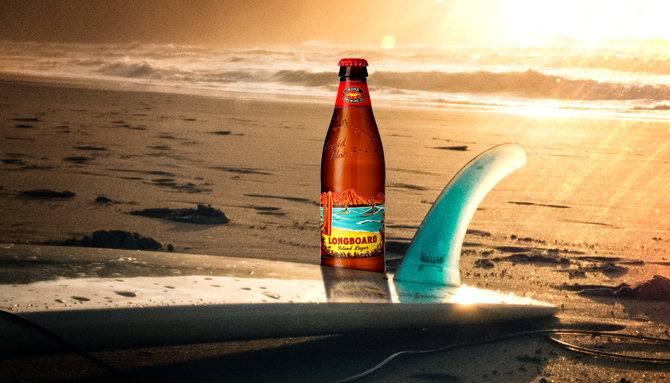
Nearly 18 months after inking a deal to produce beer on behalf of Pabst Brewing, Craft Brew Alliance today announced that the two companies had terminated their agreement.
The original contract — which included Pabst production at CBA’s brewing facility in Woodinville, Wash., and gave Pabst the ability to purchase the facility by the end of 2018 — officially ended on May 1, according to SEC filings.
Under the terms of the agreement, Pabst had agreed to pay various penalties in the event that it was unable to meet certain volume forecasts. As a result, Pabst will now be forced to pay CBA a combined $6 million in termination and brewing shortfall fees as it backs away from the deal.

In addition to ending its relationship with Pabst, CBA said it would shutter the Woodinville brewery on July 1 and layoff about a dozen employees. The brewery, with an annual brewing capacity of 220,000 barrels, will be put up for sale and could fetch about $24 million, according to the filings.
“We think we’ll find a buyer in relative short order,” CBA chief operating officer Scott Mennen told Brewbound.
Affected employees will receive a retention bonus, a severance package and outplacement services as well as consideration for other opportunities within the company, Mennen added. CBA is anticipating approximately $250,000 in costs related to the layoffs.
“We’ll do the right thing by our employees,” he said.
Last October, CBA laid off half of its Woodinville brewery employees.
In addition to these moves, CBA will begin brewing at Anheuser-Busch InBev’s Fort Collins, Colorado, production facility as part of an agreement signed with the global brewing giant last year. A-B InBev currently owns 31.5 percent of CBA.Additionally, the Woodinville pub will remain open “indefinitely,” Mennen said.
“The vast majority” of production for CBA’s smaller Kona, Redhook and brands as well as for 22 oz. bottles will be moved to its Portland, Oregon, facility, Mennen said.
Production of Kona Brewing’s Longboard Lager and Big Wave Golden Ale, meanwhile, has already begun at A-B’s facility in Fort Collins.
CBA is also in the process of winding down production at City Brewing in Memphis, Tenn., where it had been producing beer under contract. The final shipments of CBA products brewed at that facility are expected to occur in during second quarter, Mennen said.

Q1 Results
Overall CBA depletions were flat during the quarter. The company reported 14 percent depletion growth for its flagship Kona brand, and 60 percent growth in international depletions. Depletions for Big Wave, meanwhile, increased 33 percent, the company said.
Craft Brew Alliance CEO Andy Thomas called the Kona brand CBA’s “crown jewel,” accounting for more than half of the company’s volume in the first quarter. And Thomas believes that brand still has a lot of runway ahead.
“We haven’t built it out,” Thomas said.

“Even in the places where it is built out, the velocity continues to grow,” he added.
Even though Kona is “humming,” Thomas said it’s important to note the company is running a “portfolio strategy” that enables its other brands to move at different paces, adding that CBA likes the progress it is seeing from emerging business partners Cisco Brewers, Appalachian Mountain Brewery and Wynwood Brewing.
“Our partner brands are punching above their weight class,” Thomas said.
However, two of the company’s biggest brands — Widmer and Redhook — continue to suffer significant declines. Shipments of Widmer were down 16 percent while depletions dipped 24 percent during Q1.
Thomas said Widmer’s declines are part of a “retrenching,” adding that the company had already “planned for volume losses.” The plan, as noted during previous earnings calls, is to rebuild Widme in its Pacific Northwest home market where the brand is currently growing in the off-premise retail channel, Thomas said.

Meanwhile, Redhook shipments were down 21 percent and depletions were down 15 percent during the quarter. Thomas said Redhook, which is also in the process of refocusing on the Pacific Northwest region, still has “a fair amount of volume to bleed” in other markets.
The goal for Redhook, he added, is to reconnect the brand with its home city of Seattle via a pub on Capitol Hill, which is slated to open in late summer.
“We’re full steam ahead,” Thomas said.
Total company net sales increased 13 percent for the quarter to $44.3 million for the quarter.
CBA shipments increased 2.1 percent for the quarter, despite cutting 10 days from the company’s wholesaler inventory levels.
CBA is projecting depletions change of “flat to growth of 6 percent” in 2017.
